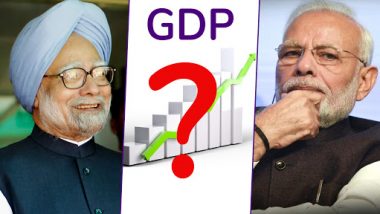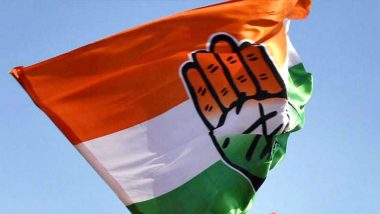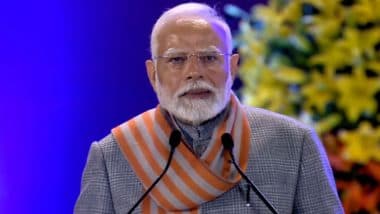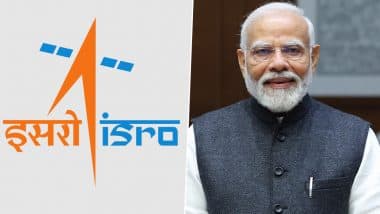New Delhi, May 8: Prime Minister Narendra Modi's Gross Domestic Product series is full of loopholes as the National Sample Survey Office (NSSO) found that as much as 36 per cent of companies - part of MCA-21 database of companies - either could not be traced or were wrongly classified. These fresh revelations have raised questions over the controversial and contested GDP numbers in Asia’s third-largest economy.
The latest NSSO study, revised last week, found out that ministry of corporate affairs (MCA) had filed fictitious or shell firms in the report that exist only on paper, reports The Mint. According to the latest study, if ghost firms are removed from the database, the GDP growth figures indicated by the Central Statistics Office (CSO) could decline, leading to raising questions on the credibility of the globally renowned central institution and the reliability of India’s official statistics. IMF's Gita Gopinath Says India Must ‘Transparently Communicate’ Its Growth Numbers.
As per to the report, the database was untested in India’s national accounts which were sourced by CSO from MCA in 2015. The genuine data were so disappointing that the National Statistical Commission (NSC) suggested a short technical report instead of the two reports it had sanctioned earlier. The NSSO reports highlights that the Modi government had revised the base year for GDP calculations from 2004-2005 to 2011-12, which led to a significant drop in the growth estimate for the preceding UPA administration.
The reports further state that the BJP-led government pegged the GDP growth for 2010-11 at 10.26 per cent - highest ever achieved by the Indian economy - to revised base year brought it down to 8.5 per cent. Analysts state that the methodology used to plug in the MCA-21 numbers in the national accounts tends to lend an overestimation bias in the GDP numbers. Demanding the MCA-21 data be released to researchers, economists had stated adequate validation should have been done for the reliability of this data. GDP Growth Estimate Revised to 7.2% Ahead of Budget 2019; Economy Grew at 6.7% in Last Fiscal.
Further, it has been revealed that apart from 15 per cent firms listed in the MCA-21 frame either could not be traced or were found to be closed, another 21 per cent were found 'out of coverage'. The NSSO report state that lapse in research suggests these firms were no longer operating as service sector firms though they had registered. Other issues that cropped in reveal that many firms didn’t maintain proper accounts on the basis of which enumerators could capture data.
Elaborating more, the reports states, "The problem of non-response was severe in case of units chosen from MCA frame. About 45% of MCA units were found to be out-of-survey/casualty while EC/BR (economic census/business register) frame had about 18% of such cases. They remain legally registered but without producing goods and services."
Reacting to the report, professor at the Indira Gandhi Institute of Development Research in Mumbai - R Nagaraj - said. "This is a devastating blow for CSO. The database should be made public and that a statistical audit by independent experts was sorely needed." India’s GDP Expected to Expand 7.5 Per Cent in 2019–20: World Bank.
The most interesting part of the new revelations is that the then chief statistician, TCA Anant - under whose watch the new GDP series was prepared - declined to comment stating he was a member of the Union Public Service Commission now and would not like to speak to reporters. With this, the authenticity and credibility of the Central Statistics Office (CSO), National Statistical Commission (NSC) and the ministry of corporate affairs (MCA) are now being questioned. However, the BJP government is in denial mode and looks like Congress is going to take this matter serious issue with Lok Sabha Elections 2019 underway.
(The above story first appeared on LatestLY on May 08, 2019 04:28 PM IST. For more news and updates on politics, world, sports, entertainment and lifestyle, log on to our website latestly.com).











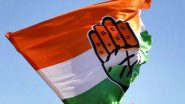

 Quickly
Quickly









